Teri Losonci
出生 : 1941-12-29, Budapest, Hungary

Editor
At 15 he and his family became victims of state terror. At 16 he became a freedom fighter to participate in the 1956 Revolution against Soviet oppression. At 17 he is betrayed and arrested by the dreaded Secret Police (AVH). Now he has to spend the remainder of his life in a political prison, called Hell's Hallway, to reach the legal age of 18 before his death penalty can be carried out. Peter Mansfeld was 18 when he was unjustly executed by the totalitarian regime of Hungary. Today he is remembered as one of the national heroes of Hungary.

Editor
'A Guest of life' is inspired by the journey of Alexander Csoma de Koros. The eccentric 19th century set out from his native Transylvania to central Asia on foot, only taking his knowledge of 13 dead and spoken languages with him. He wanted to find the ancestors of the Hungarians, but once reaching Tibet he stayed there, compiling an English-Tibetan dictionary, translating and abridging Buddhist teachings and literature, including the Book of the Dead. The film however is not a biopic, but a collection of impressions of Tibet, recorded on an 8mm camera, overlaid with excerpts from Csoma's diary and translations, spoken on the many languages familiar to Csoma. Intercut with the documentary-style footage are animated segments, which tell Transylvanian folktales that have been weaved around the legendary figure of Csoma.
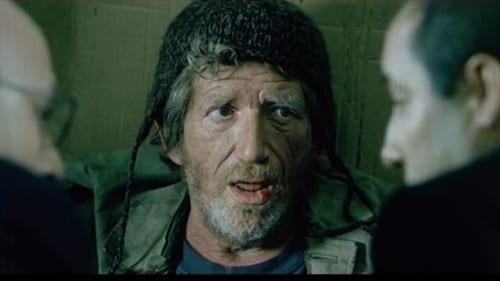
Editor

Editor
Autumn 1944. Yellow star, ghettos, Arrow Cross terror. The inhabitants of Hungary's capital, Budapest, await the tragic fulfilment of their fate with helpless resignation. However, above one of the city's villas, once a week in the evening the stars of hope sparkle, if only for a few minutes. This short time gives fresh heart to those hiding here and kindles hope in their tortured souls to live for another day. This mysterious power is none other than a beautiful song that can be heard at such times from the villa's tower room.

Editor
Five old men and a kid are travelling in a train's cabin without purpose. They travel because it's free and they don't have another place to stay. From their conversations we learn the tragedies of their lives. Also the hidden interlockings of their faith will out slowly.

Editor

Editor
In a small port town at the end of the 19th century children are disappearing. A mysterious man in black who stalks the town may be Death itself. And nine-year-old Laurin is suffering terrifying dreams and hallucinations of a man carrying a sack and frightened children calling for help from behind closed windows.
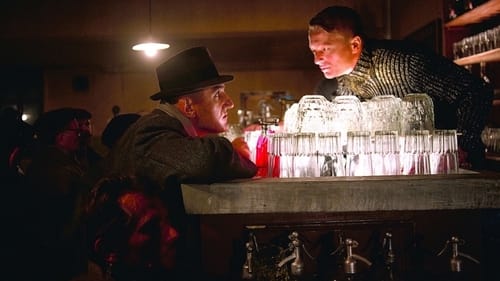
Editor
A deep drama about life in Hungary after the WW2 until the revolt against Russians in '56. The main character is the head of the black market in Budapest. He thinks he can buy everyone and everything but at the end he must face that he can't buy life. A must-see for everyone. Casting involves some of the greatest Hungarian actors. The story takes place in the eighth district of Budapest focusing on the market place on Teleki square which is still working. The movie contains some archive footage of real fight during the revolution.

Editor
A family of boisterous children expect their father to organize a really exciting holiday. So when the chance comes up of spending it on a boat, the Ramona, it seems that the problem is solved.

Editor
On 27th July 1986, British stadium rock band Queen broke new ground by playing for the first time in Hungary, a country which was still under a communist dictatorship behind the Iron Curtain.
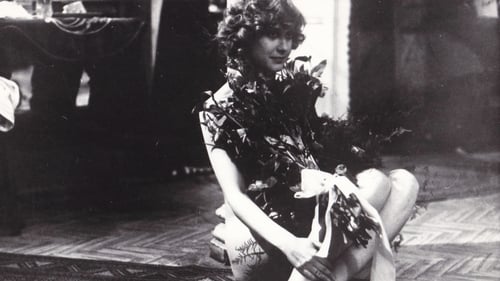
Editor
The Soviet-Hungarian film version of the biography of one of the most talented composers of our time, the classic of the Vienna operetta - Imre Kálmán, known for all his music for operettas "The Csárdás Princess", "Countess Maritza", "The Circus Princess", "The Violet of Montmartre", "Die Bajadere" and many others. The music of Imre Kálmán has no equal in operetta for its festivity, “elegance”, and the refinement of melodics and orchestration.

Editor
István, a király ("Stephen, the King") is a Hungarian rock opera written by Levente Szörényi (music) and János Bródy (lyrics), based on the life of Saint Stephen of Hungary. The storyline was based on the play Ezredforduló (Turn of the Millennium) by Miklós Boldizsár, who co-wrote the libretto. The opera was first staged in 1983 on an open-air stage in Budapest. This first performance was also made into a 1984 film, directed by Gábor Koltay, and its music released on an album. The musical became a smash hit and is still very popular in Hungary and among Hungarian minorities in neighboring countries.
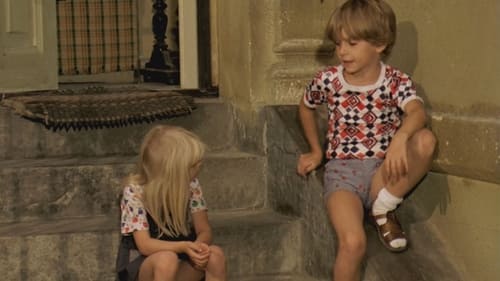
Editor
Misu is spending his summer holiday in an old block of flats in Budapest. The caretaker of the house, Poldi, a park attendant by occupation, is going to retire in a few days and he is afraid to think ahead of the years to come without grass and trees. An idea comes to Misu to spend the summer in an active way. He organises a working party to sod the inner court of the block of flats they live in. To achieve his plan, he has to make alliances with some people and to win the opponent to the idea, namely Kamilla, an insurance consultant. Their assistants in this mission will be the dustman and the coal deliverer and Piroska, a girl spending her holyday at Kamilla's.
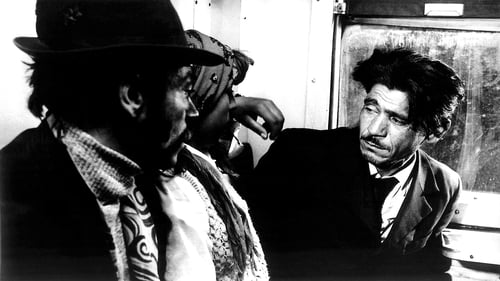
Editor
Balog Mihály, the Gypsy man from Szabolcs works in Budapest. That is where he is notified that his young wife died. Again he behaves differently from his fellow-men in the Koportos Gypsy settlement: he wants to give a beautiful, rich burial ceremony to his wife.










